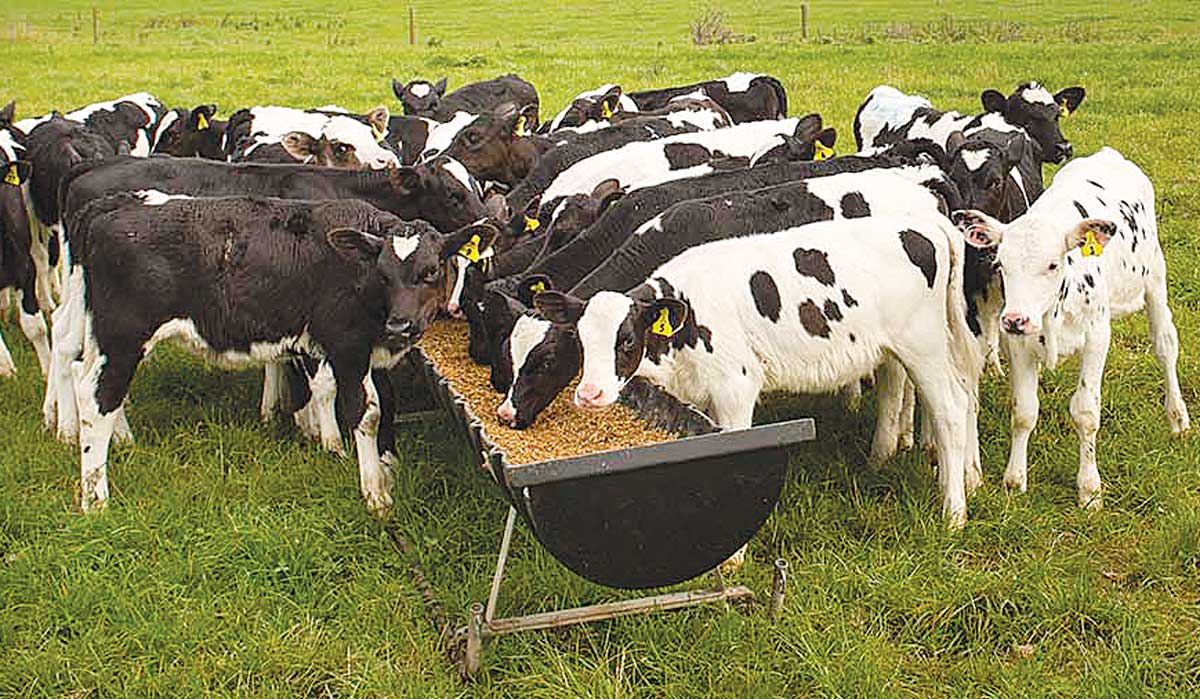DairyNZ Calls for Changes to Government’s Proposed Resource Management Act Reform
DairyNZ says the Government’s proposed Resource Management Act reform needs further work to ensure it delivers on its intent.
DairyNZ’s annual economic survey shows Kiwi dairy farmers remained profitable in the 2021/22 season despite increases in operating expenses.
DairyNZ head of economics, Mark Storey, says it was positive to see operating profit at the time was up on previous years, with an increase to $4,150 per hectare for owner-operators.
However, at the same time, he says a record-high occurred in operating expenses, and over a year later, it remains a key challenge for farmers.
“It is good to see farmers managed increased expenses and, with careful management of costs and inputs, still being able to achieve higher-than-average operating profit,” says Storey.
He says that for the 2021/22 season, the industry was “fortunate” to see an above-average milk price of $9.19/kgMS which helped enable that success.
“However, farmers also experienced record-high operating expenses per kgMS,” he adds.
It was the second consecutive record-high for operating expenses, with an increase to an average $6.35/kgMS for 2021/22. On a per hectare basis, the most notable increases included fuel, fertiliser, and feed.
“Looking ahead, we are seeing many of these high costs, including high interest rates, being carried into this season, with operating expenses forecast to increase to around $6.78/kgMS,” says Storey.
He says feed continues to be the biggest on-farm cost, and it has been since the 2007/08 season, making it an important consideration for farmers seeking to control farm costs.
“Those farmers can consider strategic planning to reduce the cost of purchased feed by looking at opportunities for planting more crops or forward buying imported feed,” he says.
 |
|---|
|
Feed continues to be the biggest on-farm expense for many dairy farmers. |
Sharemilkers also recorded an increase in operating profit per hectare although higher milk prices were partially offset by a decrease in milksolids per cow.
Storey says the difference between farms with high and low operating profits is that top farmers are more efficient, with lower operating expenses per kgMS.
“That’s why it is important farmers are making a budget and considering how they will manage costs for the season ahead, with more operating expense increases expected,” he says.
Budou are being picked now in Bridge Pā, the most intense and exciting time of the year for the Greencollar team – and the harvest of the finest eating grapes is weeks earlier than expected.
The Real Estate Institute of New Zealand (REINZ) has released its latest rural property report, providing a detailed view of New Zealand’s rural real estate market for the 12 months ending December 2025.
Rural retailer Farmlands has released it's latest round of half-year results, labeling it as evidence that its five-year strategy is delivering on financial performance and better value for members.
OPINION: "We are back to where we were a year ago," according to a leading banking analyst in the UK, referring to US president Donald Trump's latest imposition of a global 10% tariff on all exports into the US.
DairyNZ says the Government’s proposed Resource Management Act reform needs further work to ensure it delivers on its intent.
Overseas Trade Minister Todd McClay says he's working constructively with the Labour Party in the hope they will endorse the free trade agreement (FTA) with India when the agreement comes before Parliament for ratification.
OPINION: Expect the Indian free trade deal to feature strongly in the election campaign.
OPINION: One of the world's largest ice cream makers, Nestlé, is going cold on the viability of making the dessert.